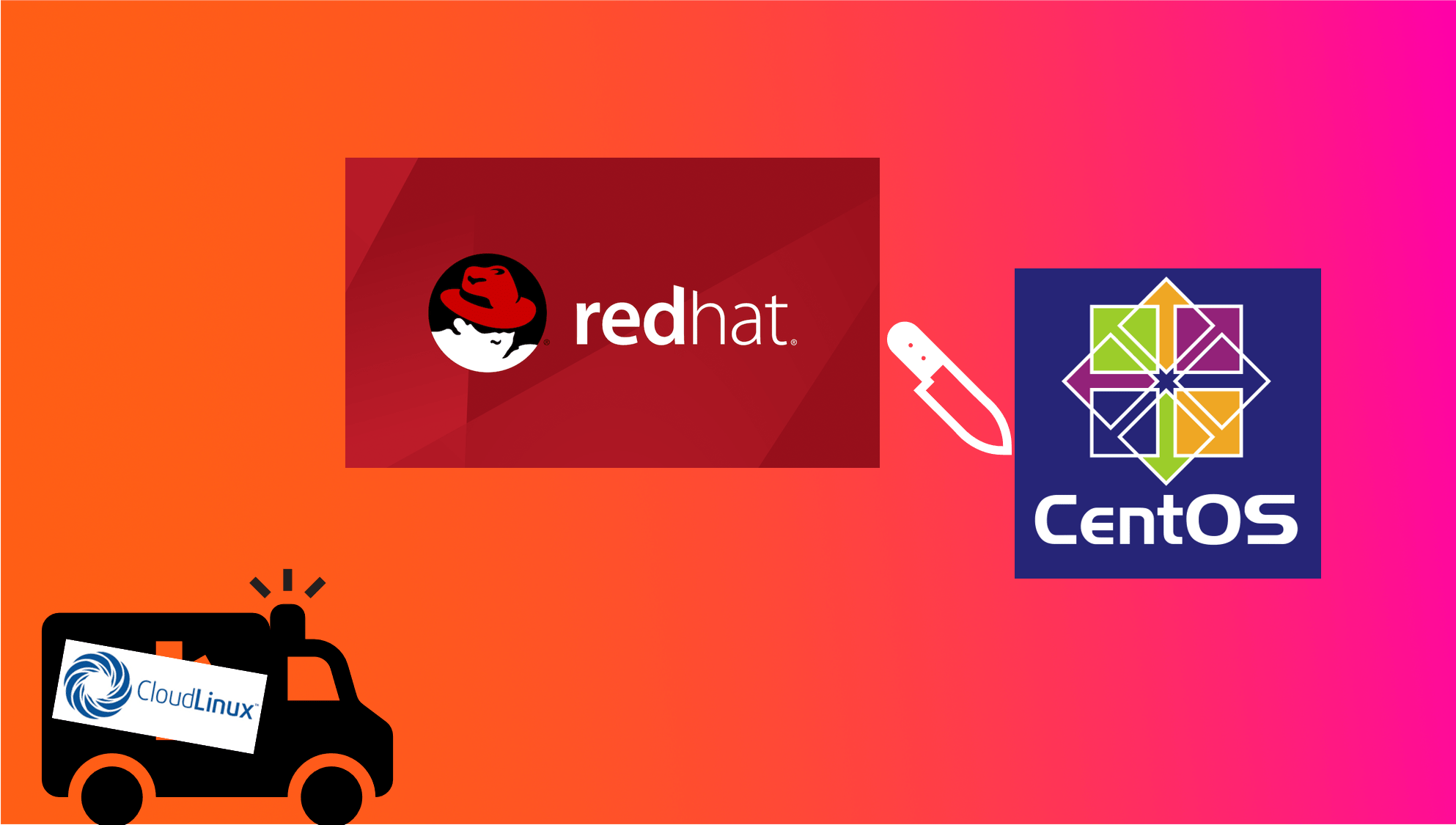
Following Red Hat’s dramatic decision to end CentOS Linux 8 (a binary compatible Red Hat Enterprise Linux/RHEL 8 clone) in 2021 and make CentOS Stream (a development testing ground for code before it becomes part of RHEL) its only CentOS branded product, there has been a fair amount of (justified) uproar from CentOS users, especially given the announcement comes after CentOS Linux 8 had already launched and updates were pledged until 2029. This has now been cut short by 8 years at the drop of a redhat.
CentOS offers a free to use version of the rock-solid RHEL distribution of Linux that receives 10 years of support for every major version. CentOS Linux had the same support cycle, CentOS Stream does not. It’s also a rolling distro with the potential for significant changes with every update that you install, compared to RHEL/CentOS Linux where one can expect a binary that runs on the very first version of a release to run on a fully patched system a decade later.
This stability, predictability, and extremely long support cycle appeals to a wide range of users who are now expected by Red Hat to either become a Red Hat customer and pay to use RHEL, or find another distribution to use. CloudLinux are vying to be that distro you pick. CloudLinux announced on December 10th that they intend to release an “Open-sourced & Community-Driven RHEL Fork” with a release date of Q1 2021 (Q1 being Jan -> March). CloudLinux 8 already exists as a fork of CentOS 8 but it includes proprietary code and features and is a monthly subscription product. CloudLinux’s upcoming fork will, however, be free (in both meanings of the word).
CloudLinux’s announcement states that since have been forking CentOS/RHEL since 2010/RHEL 5/CentOS 5 and have the team and expertise needed to handle this task, they’re the best ones for the job. They also point out that since the process of switching a server from CentOS/RHEL over to CloudLinux takes a single command, once CloudLinux’s community fork of RHEL is available the process of migrating from CentOS 8 should be painless, so that’s one silver lining out of all of this.
It is worth mentioning other RHEL binary compatible distributions already exist such as Oracle Linux and Amazon Linux 2. The original co-founder of CentOS Gregory Kurtzer has also announced his own CentOS reboot called Rocky Linux, named after Rocky McGaugh the other CentOS co-founder. Rocky Linux has no release ETA at the time of writing.